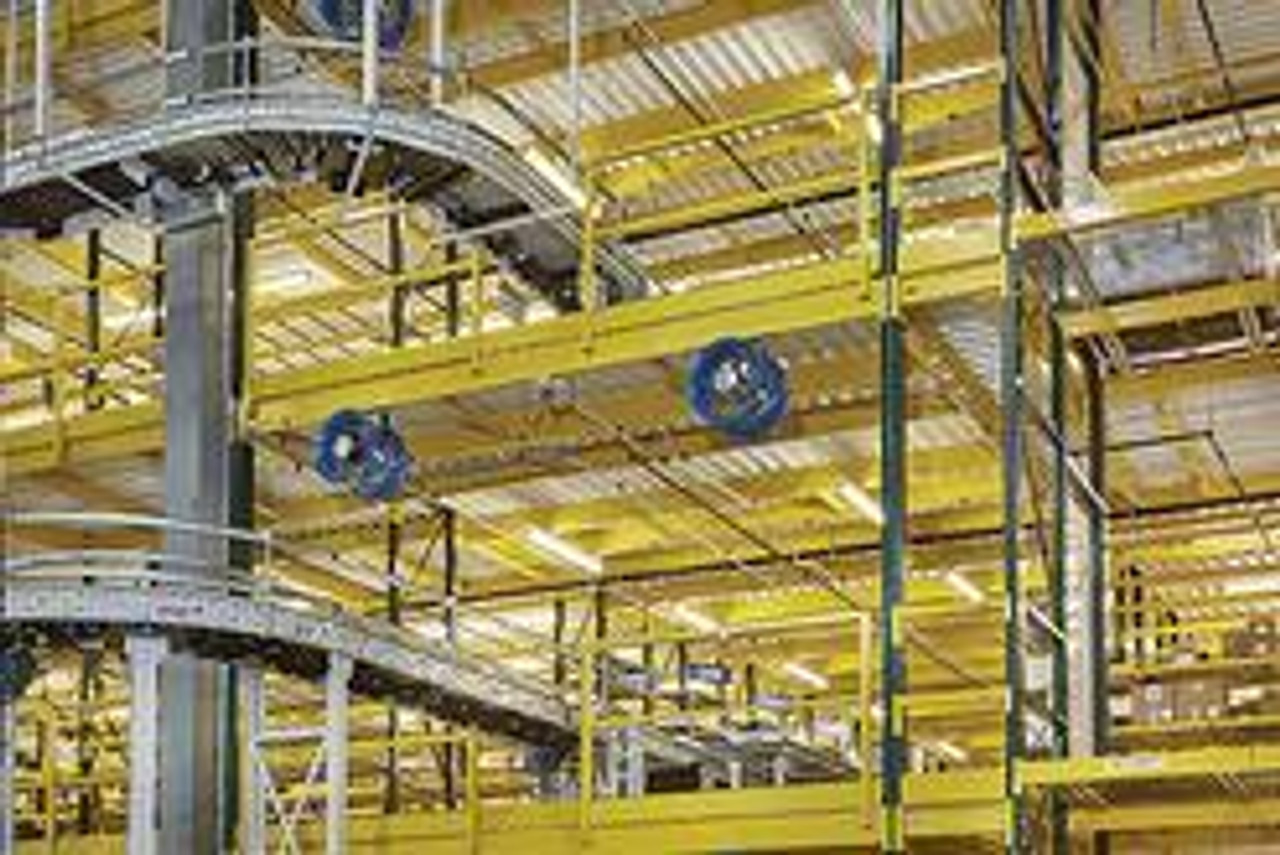
Custom Systems Designs
Material Flow is a designer of custom material handling systems, custom conveyor systems and custom storage systems. We are a direct line importer, general contractor and a manufacturer.
 Custom Solutions
Custom Solutions Great Pricing
Great Pricing Exclusive Products
Exclusive Products Competitive Shipping
Competitive Shipping Real People
Real People
What is custom design for industrial systems?
Custom design for industrial systems involves creating tailored solutions to meet specific requirements, challenges, or objectives within industrial settings. This process involves analyzing needs, designing unique configurations, and implementing specialized components to optimize efficiency, productivity, and performance.
What types of industrial systems can be custom designed?
Various types of industrial systems can be custom designed, including manufacturing systems, automation systems, material handling systems, control systems, and process systems. Each system can be customized to integrate seamlessly with existing operations and address specific goals or constraints.
What are the main considerations in custom designing industrial systems?
The main considerations in custom designing industrial systems include understanding the operational requirements and constraints, identifying objectives and goals, assessing available resources and technologies, analyzing potential risks and challenges, and ensuring compliance with regulations and standards.
How does the custom design process for industrial systems work?
The custom design process for industrial systems typically involves several stages, including consultation and needs assessment, conceptual design and planning, detailed engineering and analysis, prototype development and testing, implementation and installation, and ongoing support and optimization.
What are the benefits of custom designing industrial systems?
Custom designing industrial systems offers several benefits, including optimized performance and efficiency, enhanced flexibility and adaptability, improved safety and reliability, reduced operational costs and downtime, and the ability to meet unique requirements and objectives tailored to specific industries and applications.

